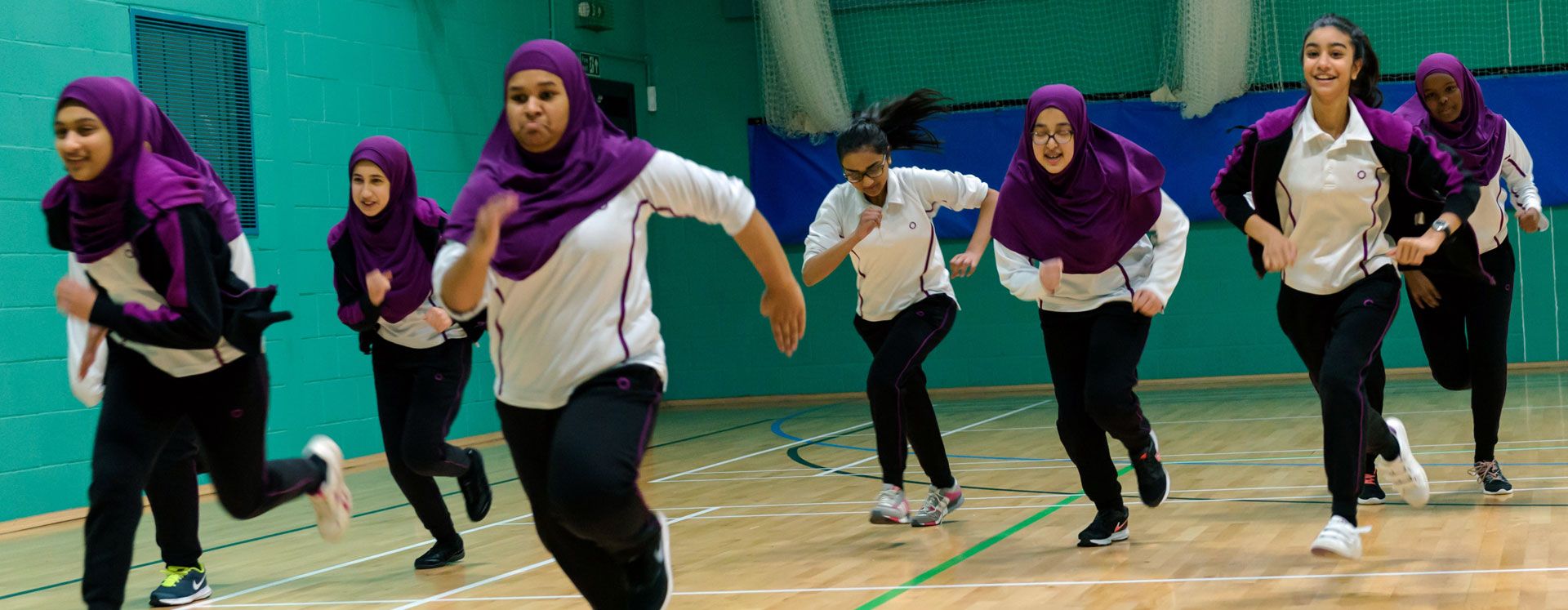Citizenship
Why study Citizenship?
Pupils need to be prepared for life beyond school, to prepare them to play a full and active role in society. Citizenship is an ideal tool for exploring British values. It builds character and develops soft skills that employers require, such as communication, initiative, social interaction and teamwork.
Elements of Citizenship education appear in many subjects such as English, History and Maths as well as supporting learners’ spiritual, moral, social and cultural development.
At Key Stage 4 our Citizenship curriculum fosters pupils’ awareness and understanding of democracy, government and how laws are made and upheld. It gives them the knowledge to explore political and social issues, to weigh evidence, debate and make reasoned arguments. In short, the curriculum prepares pupils to take their place in society as responsible citizens prepared for the opportunities, responsibilities, and experiences of later life.
How will I Citizenship?
Pupils study four key areas of Citizenship Studies at Key Stage 4. These are:
- Life in Modern Britain
- Rights and Responsibilities
- Politics and Participation
- Active Citizenship
Through debate, discussion, documentaries, reading and exploring their own experiences, Citizenship Studies develops important attributes in pupils, such as honesty, kindness, tolerance, courtesy, resilience, and self-efficacy.
What will I study at key stage 4?
At Key stage 4, pupils study the AQA GCSE Citizenship course. GCSE Citizenship Studies has the power to motivate and enable young people to become thoughtful, active citizens. Pupils gain a deeper knowledge of democracy, government and law, and develop skills to create sustained and reasoned arguments, present various viewpoints and plan practical citizenship actions to benefit society.
Pupils also gain the ability to recognise bias, critically evaluate argument, weigh evidence and look for alternative interpretations and sources of evidence, all of which are essential skills valued by higher education and employers. Topics include furthering their understanding of Government by studying other systems and forms of government, both democratic and non-democratic, beyond the United Kingdom. This is followed by study of UK relations with the rest of the world such as United Nations Security Council, EU trade agreement, International Criminal Court. They develop their citizenship understanding by exploring basic human rights and international law. This covers how law helps society deal with complex problems. Pupils then study diversity in the UK exploring national, regional, religious, and ethnic identities.
Assessment at key stage 4
Citizenship Studies AQA 8100
| Overview | Focus |
|---|---|
| Paper 1 – Written exam: 1 hour 45 minutes 80 marks 50% of GCSE |
Section A: Active Citizenship Section B: Politics and Participation |
| Overview | Focus |
|---|---|
| Paper 2 – Written exam: 1 hour 45 minutes 80 marks 50% of GCSE |
Section A: Life in Modern Britain Section B: Rights and Responsibilities |
Enrichment
Pupils will have the opportunity to visit the Houses of Parliament (appropriate appointments allowing) and speak to a local MP. As part of the Active Citizenship strand of the course pupils will undertake their own Citizenship investigation.
Careers
The study of Citizenship can lead to a range of future careers as it is embedded in all areas, examples being civil servants, public services, legal, political and medical professions.

